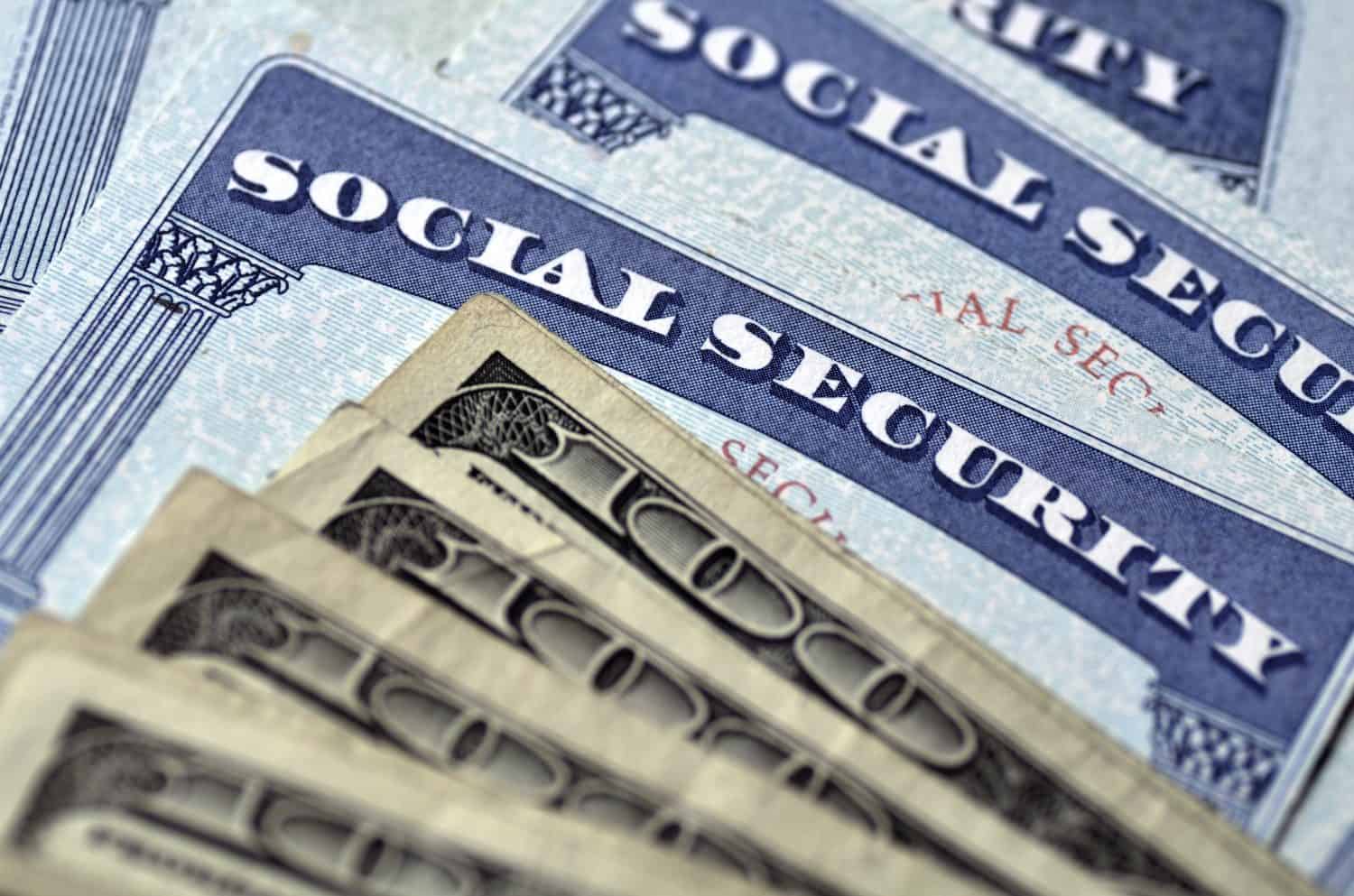
"After all, if you're years away from being eligible to collect benefits (or retire, for that matter), you may not have a reason to think about Social Security. But just because you're not collecting Social Security doesn't mean that changes to the program won't impact you. There's a sneaky change coming to Social Security in 2026 that could result in a smaller paycheck for you."
"Each year, the Social Security Administration limits the amount of wages that are taxed to fund the program. In 2025, earnings above $176,100 are not subject to Social Security taxes. However, that wage cap is rising in 2026. Beginning next year, wages of up to $184,500 will be subject to Social Security taxes. This means that higher earners will lose a bit more of their paychecks."
Payroll taxes are the main source of funding for Social Security, often shown on paystubs as FICA. The Social Security Administration annually limits the amount of wages subject to the tax; in 2025 earnings above $176,100 are exempt, but the taxable wage cap rises to $184,500 in 2026. Higher earners will therefore pay Social Security taxes on more income and see slightly smaller paychecks. Preparations can include maxing out traditional retirement plans to reduce taxable income or selling investments at a loss to offset ordinary income. Paying Social Security taxes contributes to eligibility to claim benefits and supports the program broadly.
Read at 24/7 Wall St.
Unable to calculate read time
Collection
[
|
...
]